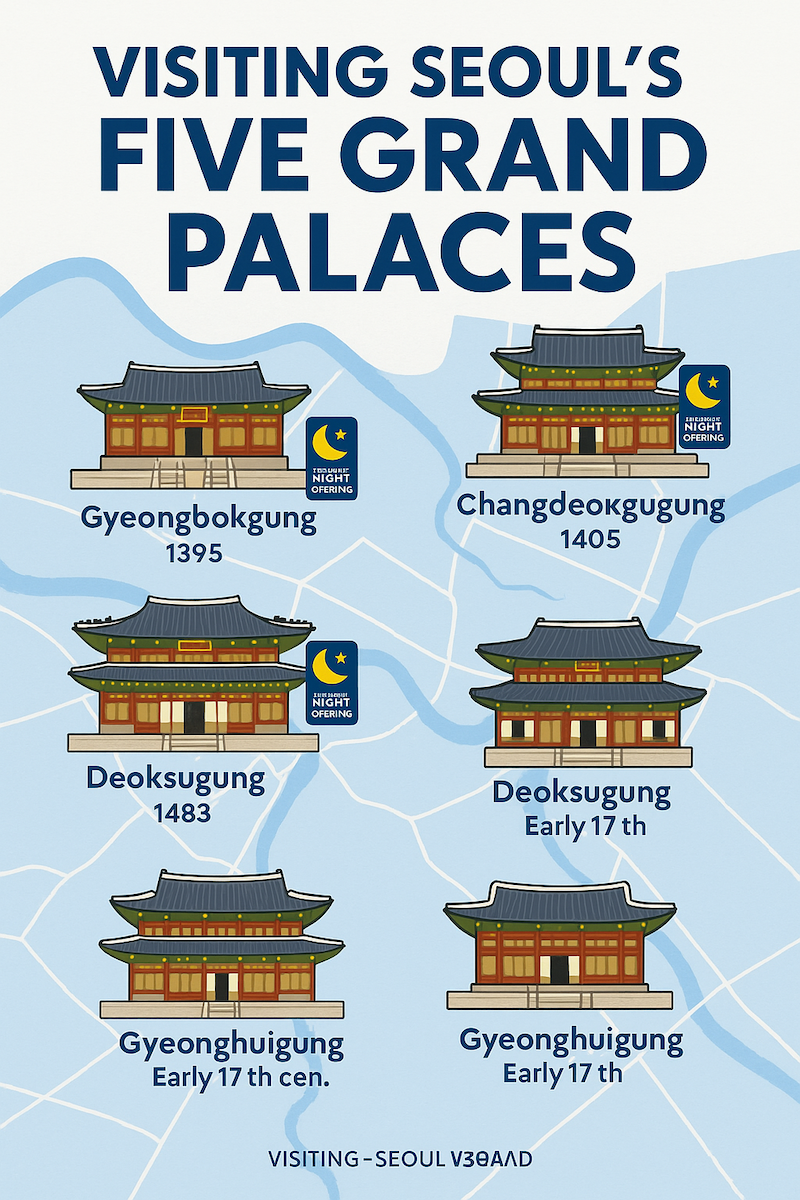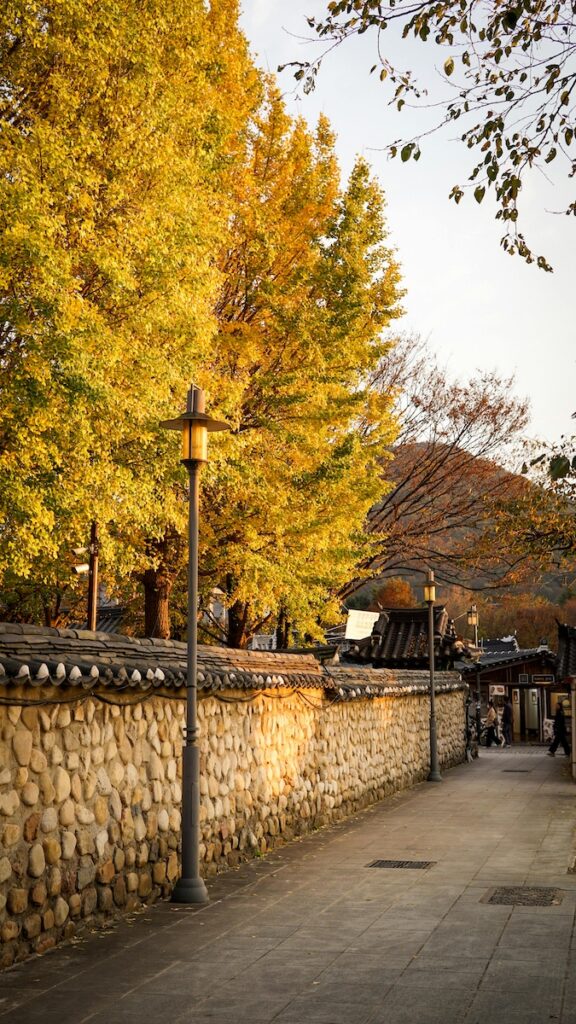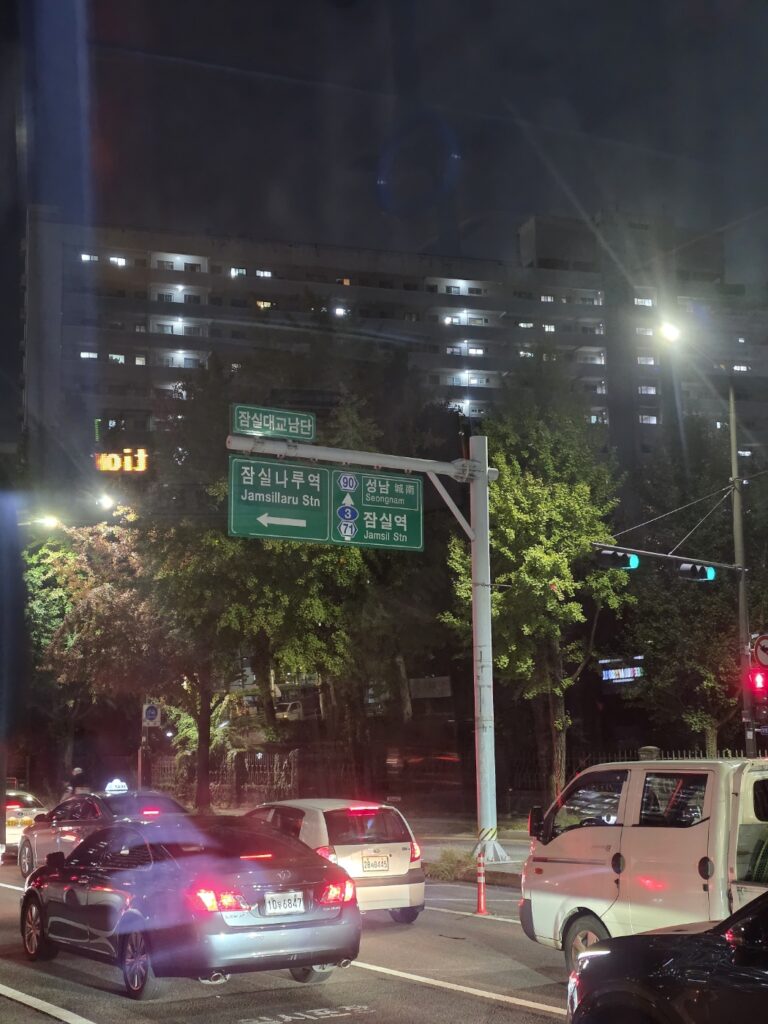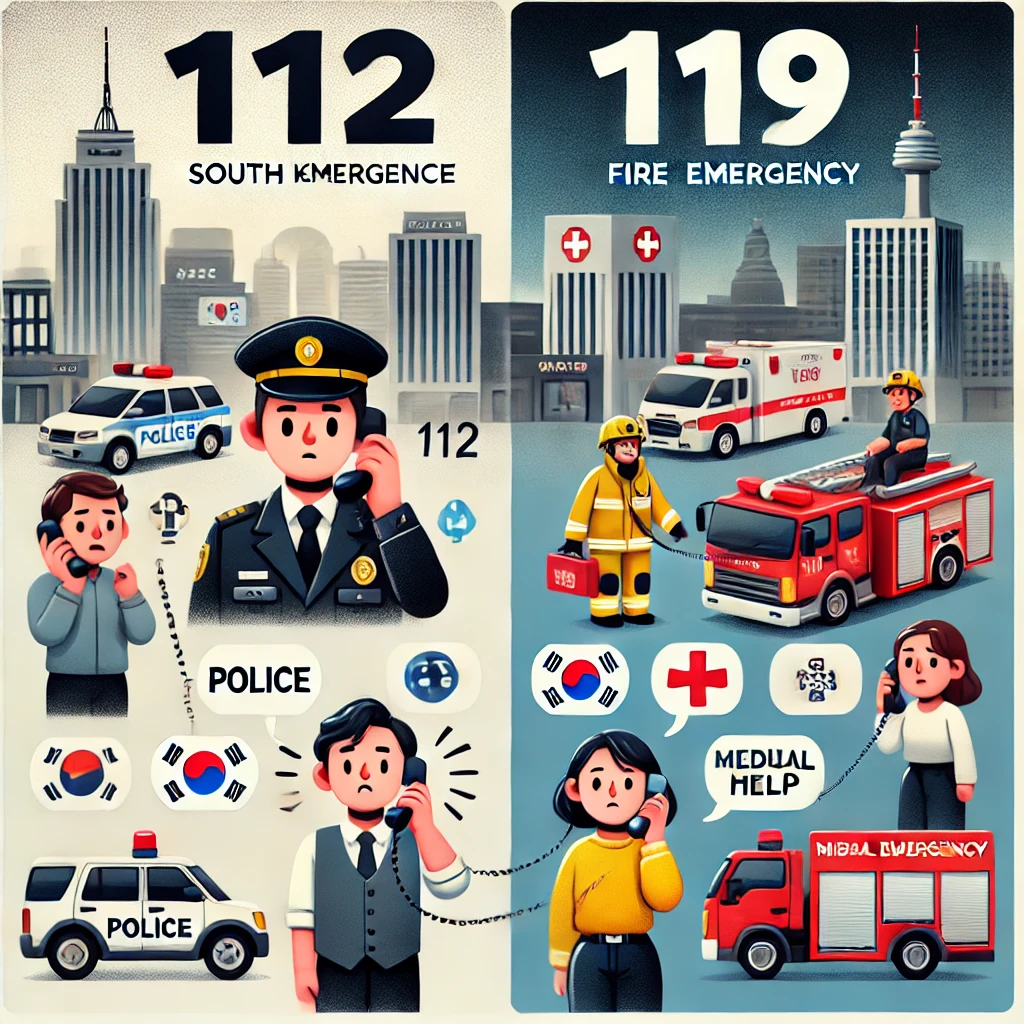If you spend enough time in Korea, you begin to understand that the most meaningful parts of the country are not always found in palaces or skyline views — but in small, intimate spaces where people quietly live out their emotions. Coin noraebang is one of those spaces.
At first glance it looks like a tiny booth for quick karaoke, but in reality it is a cultural pressure valve, a youth ritual, and an unexpectedly personal experience that reveals far more about Korea than any sightseeing schedule ever could.
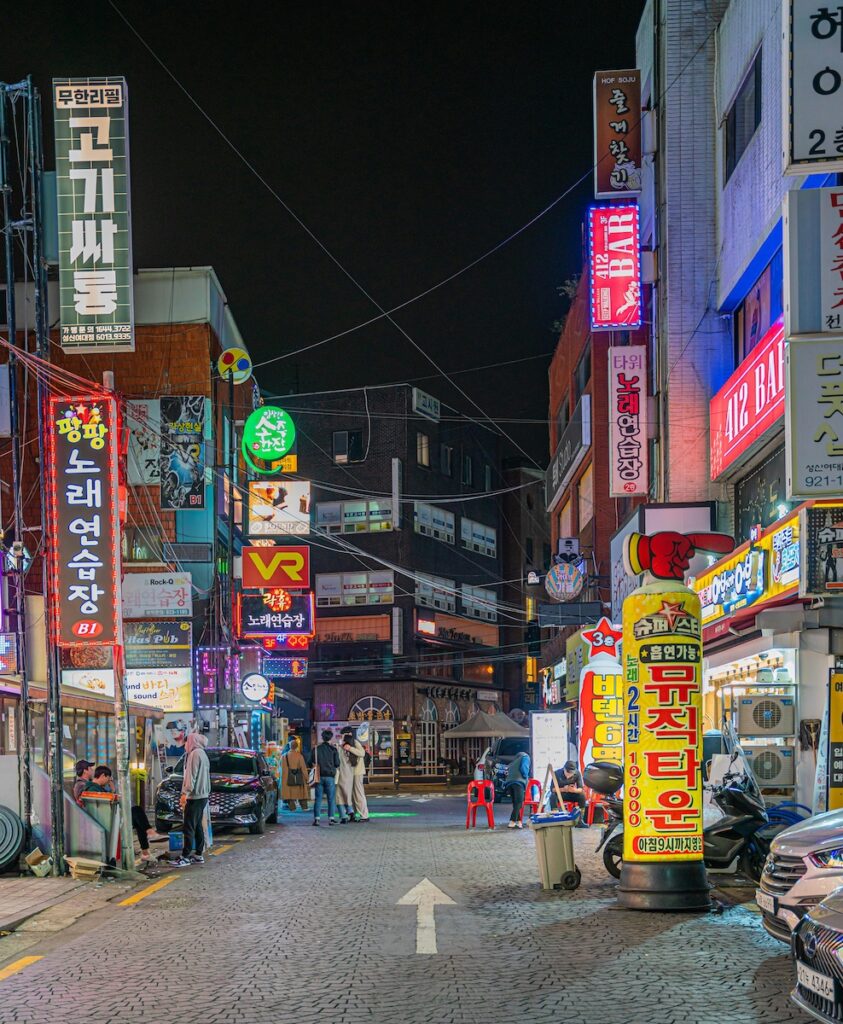
For foreigners, karaoke is usually a party environment — a bar, a group, a stage, laughter, alcohol, and applause. But noraebang is something different. Koreans don’t use it to show themselves; they use it to feel themselves. It’s not about impressing others. It’s about hearing your own voice when everything else in life feels too heavy or too quiet to carry alone. The booth becomes a container for emotions that rarely get spoken aloud in daily life. You don’t just sing; you unload.
Coin noraebang took this inward, emotional culture and made it even more accessible by removing every barrier — you don’t book a room, you don’t need friends with you, you don’t need confidence, you don’t need a full hour. You simply walk in, drop a coin, and begin. In a culture where people carry enormous academic and social pressure, this is the simplest form of emotional reset: two songs, three minutes each, and suddenly the world feels rearranged.
The origin of coin noraebang makes sense when you consider how life in Korea works. School days end late. Commutes are long. City spaces are dense. Privacy is rare. Most people live with family well into their twenties, which means true solitude doesn’t come from a bedroom — it comes from a padded booth with a microphone. For teenagers and young adults, coin noraebang is the only place where they can be alone and loud at the same time. It is solitude with volume.
And compared to Western karaoke culture, this solitary aspect is where the difference becomes clear. In other countries, karaoke is a performance in front of people. In Korea, noraebang is a performance in front of yourself. It is not about being cheered — it is about hearing something inside you that only comes out when music gives it permission.
Even the pricing reinforces this meaning. Traditional noraebangs rent by the hour — usually between 15,000 and 25,000 won for a room. But coin noraebang lets you pay per song, typically 500 to 1,000 won. You’re not paying for time; you’re paying for a moment of emotional clarity. That small payment structure is why the experience never feels like “going out” — it feels like pausing life for a quick breath.
This is also why so many foreign visitors leave coin noraebang more moved than they expected. They walk in thinking it’s a novelty and walk out feeling strangely understood. There is something universally human about stepping into a space where no one can see you and finally letting your voice match the size of your emotions.
To appreciate coin noraebang fully, you also have to understand its unexpected connection to K-pop. Global fans imagine idols perfecting their vocals in glossy studios, but the truth is far humbler: before there were polished recordings, there were training rooms and noraebangs. These booths are where countless young dreamers rehearsed long before anyone knew their names. The padded walls were their first audience. The echo was their courage. The anonymity was their freedom.
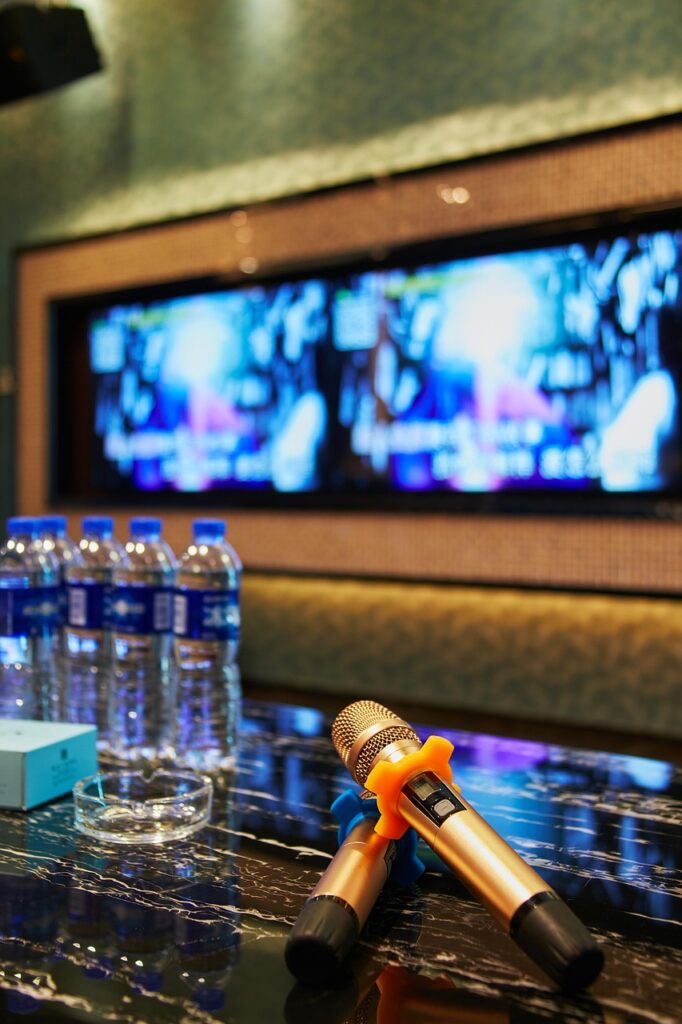
When BTS was still unknown teenagers, they practiced in rooms just like this. IU, long before her success, sang her pain into these walls after failed auditions. BLACKPINK members have mentioned retreating to noraebang for release when training pressure grew heavy. And NewJeans — a group born from a generation raised on solo playlists and self-recorded vocals — represents the exact cultural transition that made coin noraebang inevitable: music as identity rather than spectacle.
This is why tourists who love K-pop often feel an emotional shock they can’t name when they enter coin noraebang. They are not just singing their idol’s song — they are retracing the emotional path of how idols learned to believe in their own voice before anyone else did.
Coin noraebang is also deeply tied to Korean youth culture in ways most travelers don’t see from the outside. For teenagers, it is the unofficial after-school therapy center. For university students, it is the cheapest form of catharsis. For overworked employees, it is a small rebellion against exhaustion. For shy people, it is the only stage on earth where audience anxiety disappears. There is no social script here. You don’t have to be good — you only have to be honest.
Foreigners also often ask whether it is normal to go alone. In fact, going alone is one of the reasons coin noraebang exists. The term 혼코인 (literally “solo coin noraebang”) is so common that nobody thinks twice about it. In a culture of constant proximity — shared tables, shared offices, shared subway crowds — the booth is one of the rare places where privacy is both respected and normalized. You can cry here without anyone knowing. You can celebrate here without anyone watching. Inside, you’re not performing a role. You are just a human with a voice.
Tourists frequently assume there must be rules or etiquette barriers, but the truth is simple: respect the space, don’t destroy equipment, leave it clean — that’s it. You don’t need fluent Korean; the interface is intuitive, and most songs — Korean or international — are already listed in English. The system even tells you pitch and timing so you can improve as you go, which is another reason K-pop fans love it: you can practice as if the room itself is giving feedback.
The emotional side of noraebang is also why it’s a “late-night” culture in spirit, even during daylight hours. People come after they have run out of words. They come when they don’t want to talk but still want to feel loud. Noraebang is what happens when language fails but music still knows how to move the body.
Tourists usually find Korea beautiful through what they see — palaces, lanterns, cherry blossoms. But they understand Korea through what they feel, and coin noraebang is the doorway to that layer of connection. When the door closes behind you, Korea stops being a place you watch and starts being a place you inhabit from the inside.
This makes coin noraebang one of the most “Korean” experiences foreigners can have — not because it is traditional, but because it reveals the emotional architecture of the country. In cities made of noise and speed, this tiny booth becomes a still point. Inside, time pauses. Outside obligations disappear. You don’t come here to escape Korea — you come here to feel it more closely.
No one claps when you finish a song. There is no spotlight, no applause, no validation. And somehow that is what makes it feel so freeing. In here, you are not performing to be approved — you are performing to reconnect with a part of yourself that daily life keeps quiet.
Coin noraebang is proof that culture is not always about monuments or museums. Sometimes it’s about soundproof walls and a microphone in the dark. Sometimes it’s about how a country teaches its people to carry heavy hearts gently. Sometimes the most Korean thing you can do is sing a song no one else hears — and feel better afterward.

